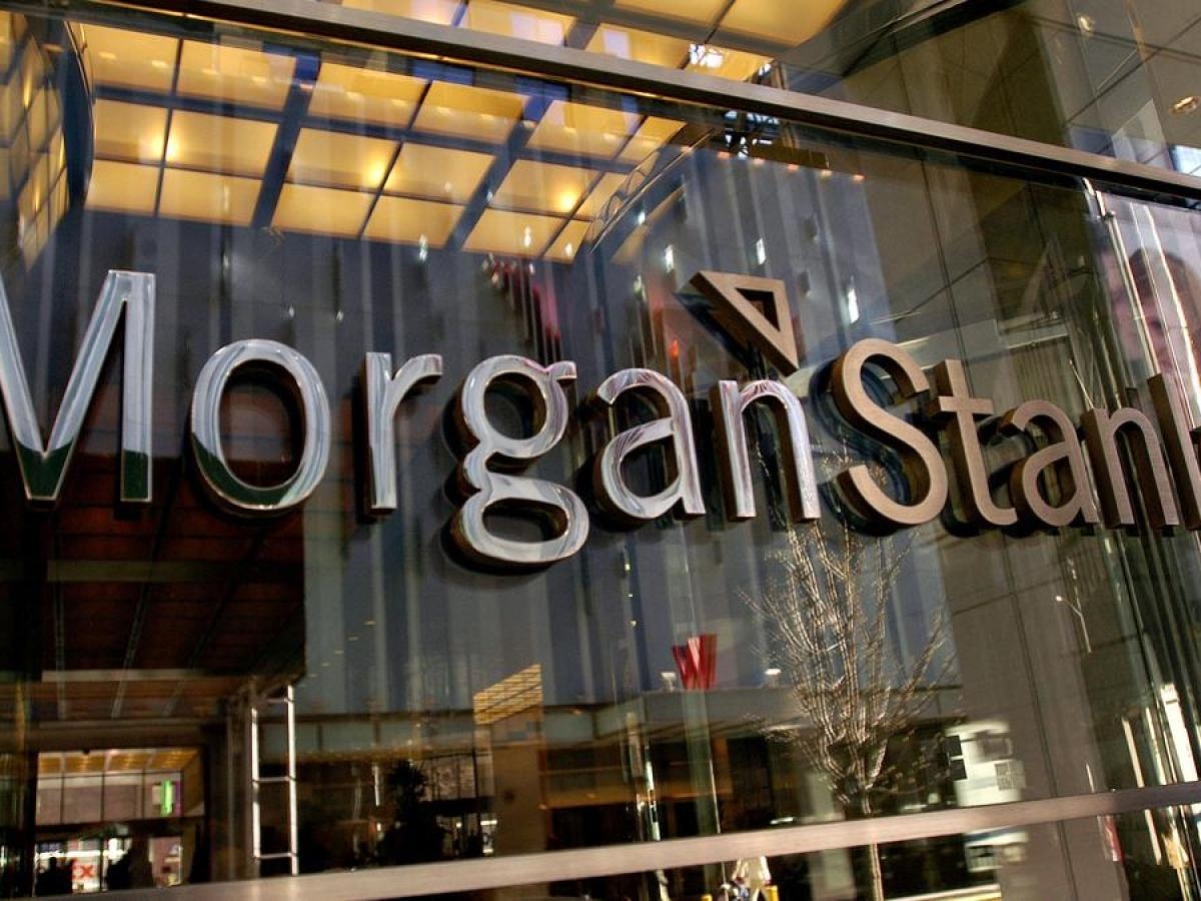Morgan Stanley Sees the Incredible: Greece as Europe’s Strongest Economy

Πηγή Φωτογραφίας: AP Photo//Morgan Stanley Sees the Incredible: Greece as Europe’s Strongest Economy
Morgan Stanley forecasts that Greece will remain a robust economy in the eurozone over the next two years, with steady GDP growth of 2% annually through 2027. Domestic demand—driven primarily by private consumption fueled by rising wages—and investment supported by the Recovery and Resilience Facility (RRF) are expected to sustain this growth trajectory.
The country achieved a record primary surplus of 4.8% of GDP in 2024, and public debt is declining impressively. The bank projects primary surpluses above 2.5% until 2027, highlighting Greece’s fiscal strength.
Inflation is expected to gradually align with European averages, reaching 1.9% in 2026, without significant new inflationary pressures. The only uncertainty lies in the political landscape ahead of the 2027 elections, though Morgan Stanley does not see this as a structural risk to the economy.
In its analysis, the bank emphasizes that Greece is on track for another two years of steady economic performance, with GDP growth outpacing the eurozone average comfortably.

Drivers of Growth: Consumption and Investment
Domestic demand remains the engine of growth, with nearly all expansion coming from consumption and investment. Private consumption started 2025 on a strong note, rising 1.1% in the first half of the year. According to Morgan Stanley economist Chiara Zangarelli, this momentum reflects substantial increases in the minimum wage—over 6% in 2025—and rises in average wages exceeding 5% in the first weeks of the year. Improved disposable income is expected to continue supporting consumption in 2026, underpinning GDP growth.
Investment activity, fueled by the RRF, remains the second major growth driver. The RRF represents roughly 16% of GDP, with approximately 10% already disbursed (about €21 billion: €11 billion in loans and €10 billion in grants). Morgan Stanley notes that private investment has increased by 22% from early 2022 to Q2 2025, largely connected to RRF funding. This investment surge is critical for the next phase of growth, enhancing productivity and creating a medium-term development footprint.
Fiscal Discipline and Debt Reduction
Greece has made remarkable fiscal progress since the pandemic and previous crises. After peaking at 209% of GDP in 2020, the debt-to-GDP ratio is falling steadily and is projected to reach 145.6% in 2025, 137.9% in 2026, and 131.8% in 2027. This is one of the fastest debt reductions globally, supported by strong fiscal performance and substantial public cash reserves. Greece maintains the highest level of government deposits in the eurozone, partly due to unspent RRF funds and prudent revenue management. These reserves are a key stabilizing factor for the debt outlook.
For 2025, Morgan Stanley forecasts a primary surplus of 3.5% of GDP and a general government balance of 1.3%. In 2026, the overall balance is expected to turn slightly negative (-0.1%) due to targeted tax and spending measures, including reductions in taxes for middle-class households, families, and young people, as well as selective VAT cuts and wage and pension increases. By 2027, the general balance is projected to remain slightly negative (-0.3%), while primary surpluses stay above 2.5%, an exceptionally high level by European standards.
Inflation and Price Stability
Inflation is converging with European levels. Morgan Stanley expects the consumer price index to reach 2.4% in 2025, fall to 1.9% in 2026, and rise slightly to 2.1% in 2027, effectively aligning with the European Central Bank’s target. The outlook indicates no new inflationary pressures, with Greece fully integrated into the broader eurozone environment of price stability.
Political Landscape: A Minor Uncertainty
The only notable risk identified is political, ahead of the 2027 elections. The New Democracy party remains the leading political force with polling around 30%, but under the electoral law, it would need 38–40% to secure an outright majority. Opposition parties remain fragmented, and there is no clear alternative coalition. If New Democracy fails to boost its support, coalition negotiations or repeat elections could be required, though this is not considered a structural threat to economic stability.
Morgan Stanley portrays Greece as a country on a strong and stable economic path, combining steady growth, fiscal discipline, and historic debt reduction. With continued domestic consumption, investment, and resilient fiscal management, Greece is emerging as one of Europe’s strongest economies over the next two years. The country’s economic fundamentals point to sustained stability, making it a standout success story in the eurozone.
Source: pagenews.gr
Διαβάστε όλες τις τελευταίες Ειδήσεις από την Ελλάδα και τον Κόσμο






Το σχόλιο σας